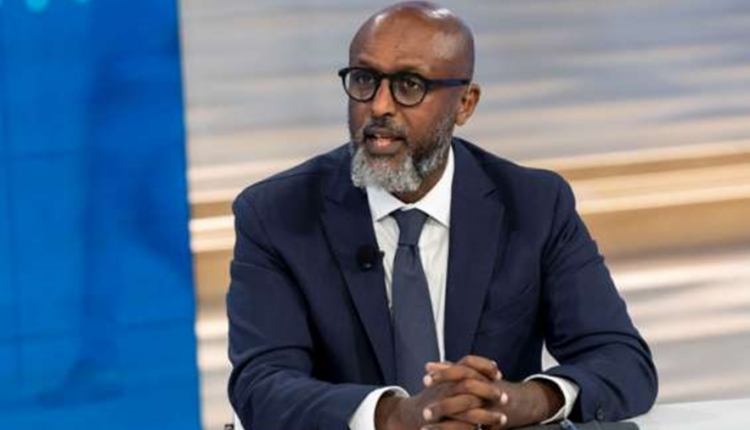The International Monetary Fund (IMF) has announced that it has obtained the necessary assurance for financing from bilateral creditors.
This assurance is crucial for completing the second review and facilitating the disbursement of funds to Ghana.
Abebe Aemro Selassie, Director of the African Department, made this statement in response to a question during the Regional Economic Outlook for Sub-Saharan Africa at the IMF/World Bank Spring Meetings in Washington DC, USA.
The Africa Department head noted,
“To be clear, they have provided financing assurances though, and that remains in effect. And so, we are not envisaging that it will be an issue for our ability to conclude the next review and provide the disbursement that is pending. So we don’t think there will be an issue when it comes to concluding the second review under the IMF program” Abebe Aemro Selassie.
He also added that the most important issue here is that “we have reached a staff-level agreement on the second review and we can progress.”
No MOU Deal
Reports suggested that Ghana had finalized terms for a Memorandum of Understanding (MOU) to restructure bilateral debts, potentially leading to imminent signing. However, the African head of the IMF clarified that no such MOU currently exists between Ghana and its Bilateral Creditors.
The Director of the African Department at the IMF expressed optimism, stating, “We are hopeful that a deal will be reached soon, based on what has happened over the past week.”
The IMF, having reached a staff-level agreement on completing the second review for Ghana, emphasized the necessity of an MOU with Bilateral Creditors. This agreement is crucial for board approval of the staff’s completion of the second program review.
Negotiations
The government has initiated new negotiations with Eurobond holders and commercial creditors to restructure their debt, following the rejection of previous proposals by the IMF. The need for fresh negotiations arose after the IMF declined the government’s initial proposals to these creditors.
But responding to these developments, the Director at the African Department of the IMF maintained that, “we are grateful that the government shared with us some of the terms that were under consideration.”
He noted that the staff had reviewed the proposed terms to ensure they aligned with program parameters. However, the government has chosen not to pursue this deal at the moment.
“We are also hopeful that whatever deal that they reach, will be consistent with the program parameters” the IMF Africa Director added.
“Again, I think we are very hopeful that there will be movement and that they can reach an agreement consistent with the program parameters, helping lower Ghana’s debt burden at the right level and avoiding, of course, the people of Ghana having to make too much sacrifice.”
According to IMF analysis, Ghana needs external debt service relief of at least US$10.5 billion during the program period (2023-26) to help close the external financing gap.
Also, the IMF-approved program emphasizes large and frontloaded fiscal consolidation. This involves implementing measures to bring public finances back on a sustainable path. Ghanaians may experience reduced government spending, which could impact public services and welfare programs.
The program includes wide-ranging reforms aimed at building resilience and laying the foundation for stronger and more inclusive growth. These reforms cover areas such as tax policy, revenue administration, public financial management, energy, and cocoa sectors. Citizens may witness changes in tax policies and economic structures.
Hence, securing timely debt restructuring agreements with external creditors is essential for the successful implementation of the Second Review IMF arrangement. However, this process may involve tough negotiations and adjustments.


Comments are closed.